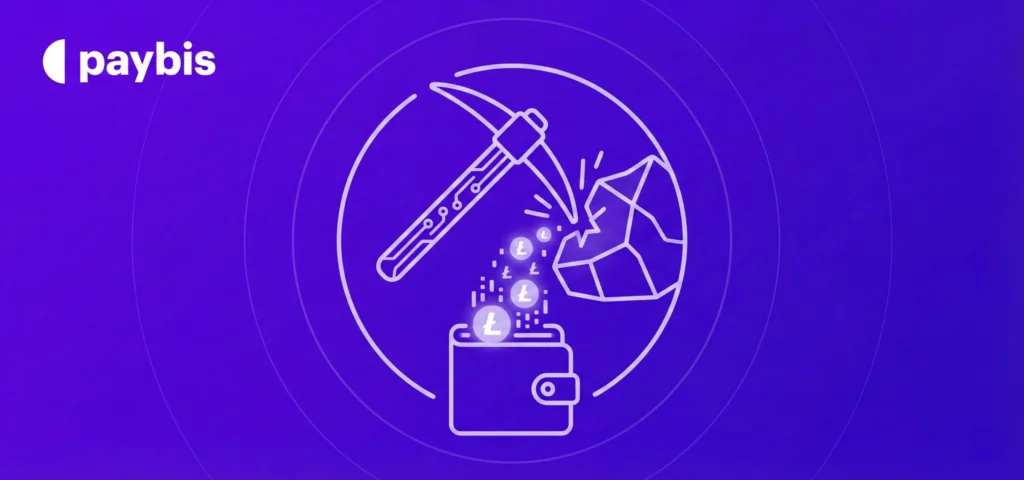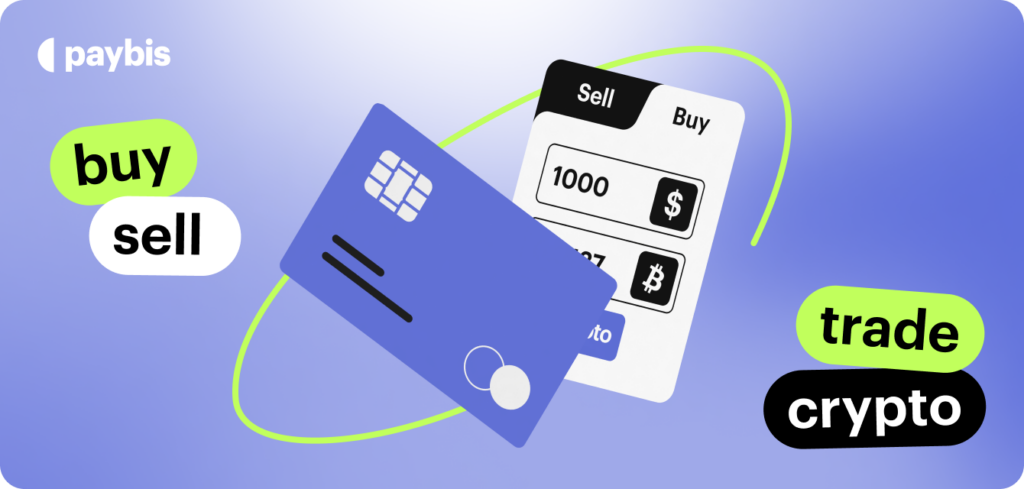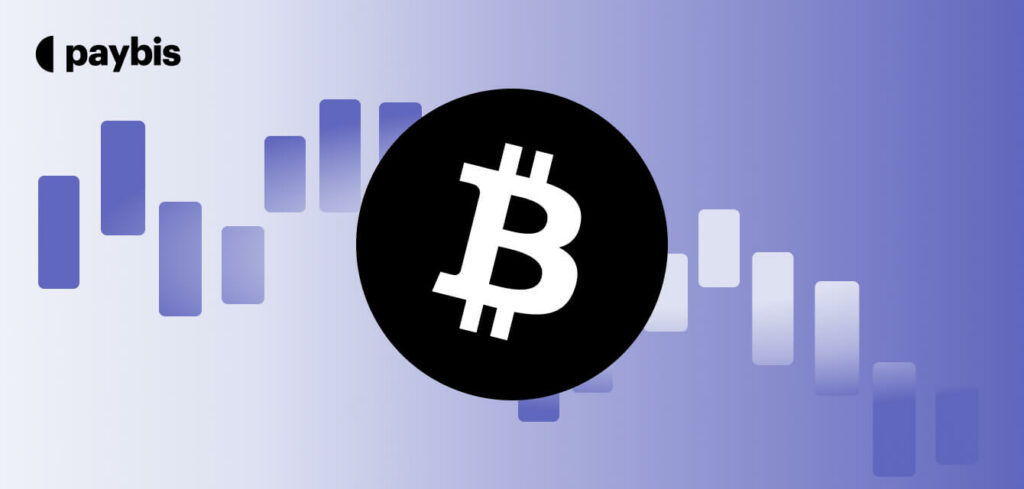Gas
Gas is the fee users pay to perform transactions or execute smart contracts on a blockchain network like Ethereum. It compensates validators or miners for the computing power required to process and secure transactions.
What Is Gas in Crypto?
In cryptocurrency, gas refers to the unit that measures the computational effort needed to perform operations on a blockchain. Every transaction, token transfer, or smart contract interaction requires resources. Gas fees ensure validators (or miners, on proof-of-work blockchains) are compensated for processing these operations and keeping the network secure.
Gas is especially important on Ethereum, where it was first introduced as a way to prevent spam and allocate resources fairly across the network. Without gas, blockchains could be overloaded with endless, cost-free computations.
How Gas Fees Work
Gas fees are paid in the blockchain’s native cryptocurrency (e.g., ETH on Ethereum, BNB on BNB Chain, MATIC on Polygon). The actual cost of a transaction depends on three factors:
- Gas limit: The maximum amount of gas a user is willing to spend on a transaction. Complex operations, such as running smart contracts, require more gas than a simple transfer.
- Gas price: The amount a user is willing to pay per unit of gas. When the network is busy, higher gas prices are needed to get transactions confirmed quickly.
- Network demand: High activity drives gas prices up, while lower demand reduces them.
For example, sending ETH might only require a small gas fee, while interacting with a DeFi protocol could cost significantly more due to complex calculations.
Gas in Practice
- Ethereum: Gas is paid in ETH. Complex DeFi transactions or NFT minting can spike fees.
- BNB Chain: Gas is paid in BNB, usually at lower costs than Ethereum.
- Polygon: Gas is paid in MATIC, offering faster and cheaper transactions.
Some blockchains, like Solana or Cardano, use different fee mechanisms but still rely on the same principle,compensating validators for work done.
Why Gas Matters in Crypto
- Network security: Prevents spam by attaching a cost to every action.
- Fair resource allocation: Ensures validators are rewarded for providing computing power.
- User strategy: Traders and DeFi users often time their transactions to take advantage of lower gas fees.
FAQ
Why are Ethereum gas fees so high?
Because Ethereum has limited capacity and high demand, users compete by offering higher fees to get their transactions processed first.
Can I set my own gas fee?
Yes. Many wallets let you choose between low, medium, or high gas fees depending on how fast you want your transaction confirmed.
Do all blockchains use gas?
Most blockchains use transaction fees, but not all call them “gas.” Ethereum popularized the term, and other networks adopted it.
How can I save on gas fees?
Use Layer 2 networks (like Arbitrum or Optimism), schedule transactions during low activity times, or choose blockchains with cheaper fees.
Disclaimer: Don’t invest unless you’re prepared to lose all the money you invest. This is a high‑risk investment and you should not expect to be protected if something goes wrong. Take 2 mins to learn more at: https://go.payb.is/FCA-Info


